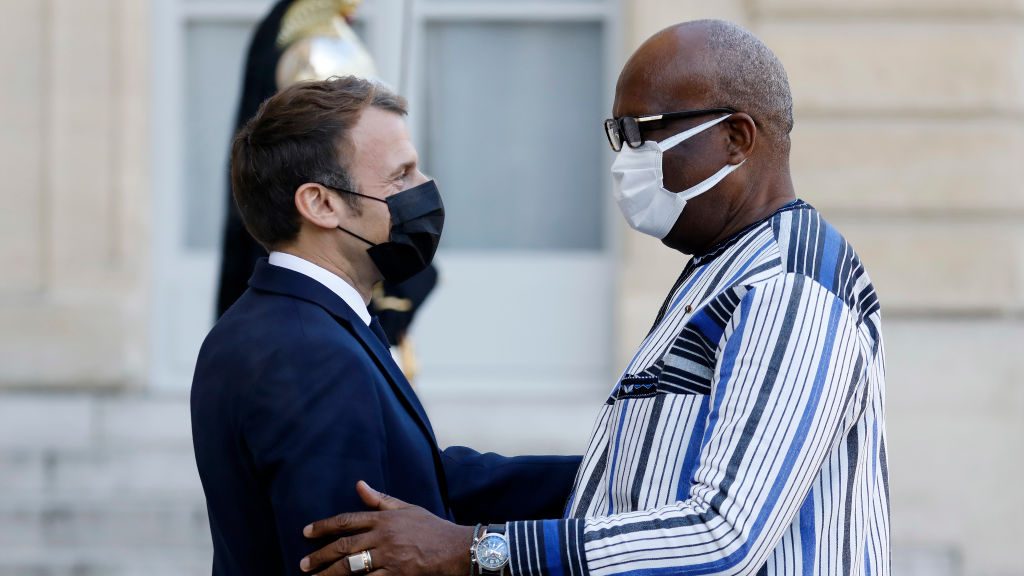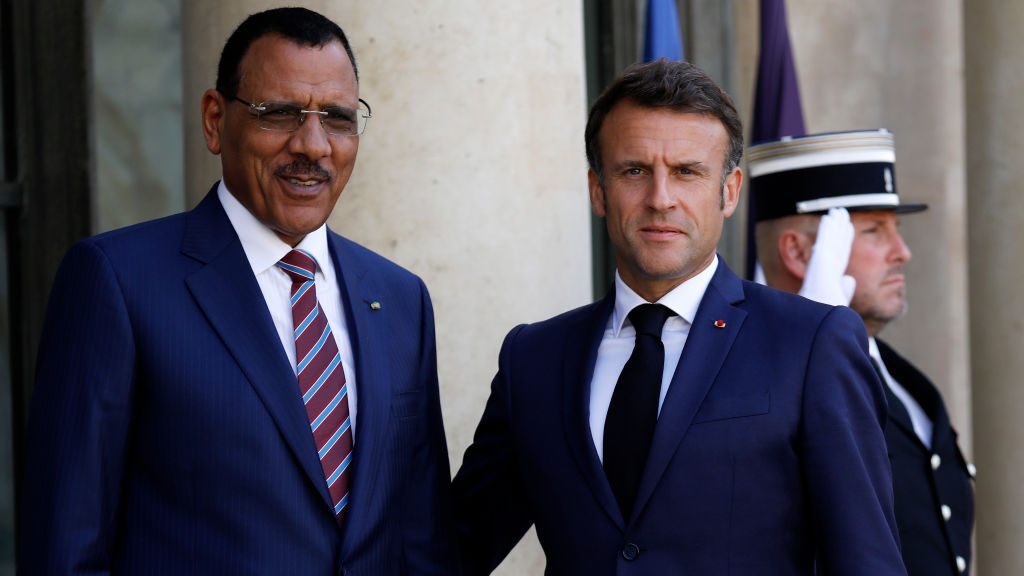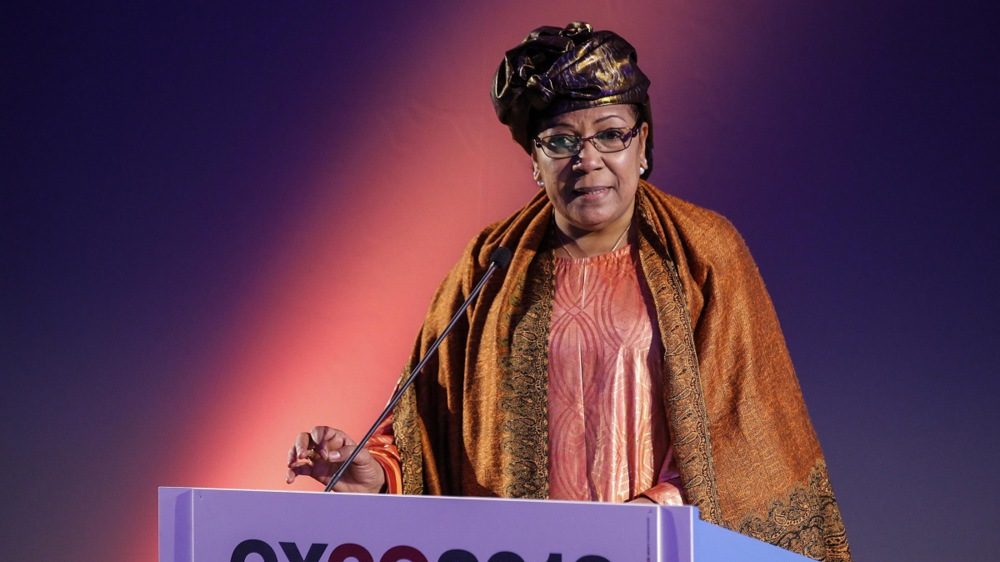The European Union plans to implement sanctions against Niger and its military government following the armed coup in the country on July 26, European Commission foreign affairs tsar Josep Borrell has confirmed.
Borrell’s announcement came just hours after a similar revolution erupted in the West African nation of Gabon on August 30, with the regime change said to have caused particular ructions within the French Government.
Speaking after a meeting of European defence ministers, Borrell said that the EU primarily aims to implement the same kind of sanctions on Niger as imposed by the Economic Community of West African States (ECOWAS) and would follow the group’s lead on the matter.
?LIVE NOW: joint press conference with HR/VP @JosepBorrellF and Spanish Defence Minister Margarita Robles following the Informal Ministerial meeting on Defence. ⤵ https://t.co/8bS1GnlVMu
— European External Action Service – EEAS ?? (@eu_eeas) August 30, 2023
“The ministers reiterated our will to support African solutions for African problems,” he told reporters. “It means that we will support ECOWAS … it is up to them to take initiatives and decisions in order to counter this military coup.
“We will follow, trying to implement the same kind of sanctions that they have decided.”
Borrell added that while the EU was currently largely focused on sanctioning Niger and the putschists there, Brussels was willing to “consider any request” made by ECOWAS for help regarding the crisis.
He added that such considerations would include potentially providing military support for an African-led invasion of the country.
“For the time being we have not got any specific request for doing something,” he emphasised. “We need a lot of details in order to engage, but we will consider. We are ready to consider any proposition.”
French officials have announced that France will no longer send development aid to Burkina Faso after the West African country backed the ongoing military coup in Niger. https://t.co/9SEBjMakC1
— Brussels Signal (@brusselssignal) August 7, 2023
The senior commissioner was pressured on the support Europe has previously given to Niger, with one reporter asking him what was the point of training militaries in Africa when they seemed likely to just use that training to overthrow their governments.
Borrell emphasised that the majority of military aid that had been allocated to Niger by the EU had not yet been delivered and was now on hold after the coup.
He added that the possibility of such revolutions was ultimately the risk of doing business in some parts of Africa, adding that without military training from the EU some countries in the region might no longer exist at all.
Claims that coups cannot be fully prevented in Africa appear to be of little comfort to the French Government, which has seen its so-called “Francafrique” regime on the continent collapse over the past few months.
The Gabon revolution has reportedly shaken some within the French Government, exacerbated by politicians outside the country saying that France no longer possesses “the necessary levers to change things”.
The idea of European “strategic autonomy” that is continuously pushed for by Emmanuel Macron seems almost laughable – and entirely detached from reality, writes @Raphfel. https://t.co/txmfpAbQYF
— Brussels Signal (@brusselssignal) August 7, 2023





